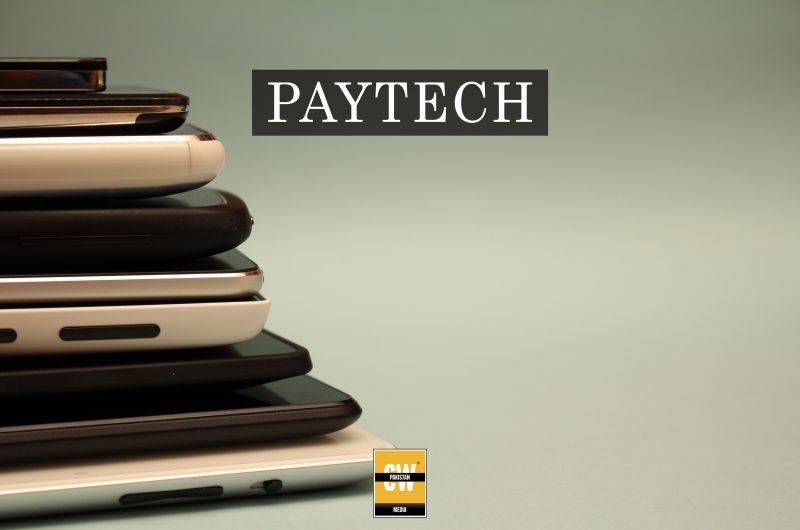In a decisive move to accelerate Pakistan’s shift toward a digital economy, the Prime Minister’s Office has issued a nationwide directive requiring all retail outlets to display Raast QR codes by August 31, 2025. The measure is part of a broader push to implement the State Bank of Pakistan’s (SBP) national digital payment strategy and establish a unified framework for instant, low-cost, and secure financial transactions across the country.
The directive, issued by Syed Tauqeer Ali Shah, Advisor to the Prime Minister, was formally communicated to all federal ministries, provincial governments, and regulatory authorities. It mandates comprehensive enforcement of Raast QR code deployment as a key pillar of the government’s digital financial inclusion agenda. Retail businesses will be required to adopt and display the SBP-backed Raast QR code at points of sale to facilitate seamless payments through bank accounts, mobile wallets, and digital banking apps.
To ensure compliance with this initiative, the government has linked QR code deployment directly to the issuance and renewal of business licenses. All relevant ministries and regulatory bodies are now instructed to treat Raast QR implementation as a mandatory criterion when evaluating applications from retail outlets. This move is expected to accelerate onboarding and create nationwide interoperability across payment platforms.
The Prime Minister’s Office has also directed departments to establish dedicated enforcement mechanisms to monitor compliance at the ground level. These mechanisms will likely include inspection teams, reporting protocols, and cross-departmental coordination to guarantee that the August 31 deadline is met.
Additionally, regulatory institutions have been urged to work closely with banks, mobile money operators, and other entities licensed by the State Bank of Pakistan. This collaboration is crucial to facilitate the technical and operational onboarding of merchants onto the Raast ecosystem. The objective is to simplify the process of issuing QR codes, training merchants, and supporting customer awareness to drive mass adoption.
The move aligns with the government’s broader digital financial strategy aimed at reducing cash dependency, increasing financial transparency, and expanding access to secure, traceable payment systems. Raast, Pakistan’s instant payment system developed by SBP, has already seen significant traction since its launch, enabling low-cost, real-time transfers for individuals and businesses alike.
By integrating QR code-based payments into everyday retail operations, the government hopes to lower transaction costs, reduce informal cash flows, and foster a more inclusive digital payment landscape. The decision also supports the country’s long-term goal of enhancing tax documentation and financial accountability through digitization.
All ministries have been asked to coordinate closely with the Prime Minister’s Office and the State Bank of Pakistan to ensure timely execution of the directive. Regular reporting, status updates, and inter-agency collaboration are expected to form the backbone of the enforcement strategy in the months leading up to the deadline.
As Pakistan positions itself for a digital-first future, the universal deployment of Raast QR codes across retail outlets marks a significant milestone in the country’s journey toward modernizing commerce, improving ease of doing business, and empowering a broader segment of society through secure and efficient financial access.









